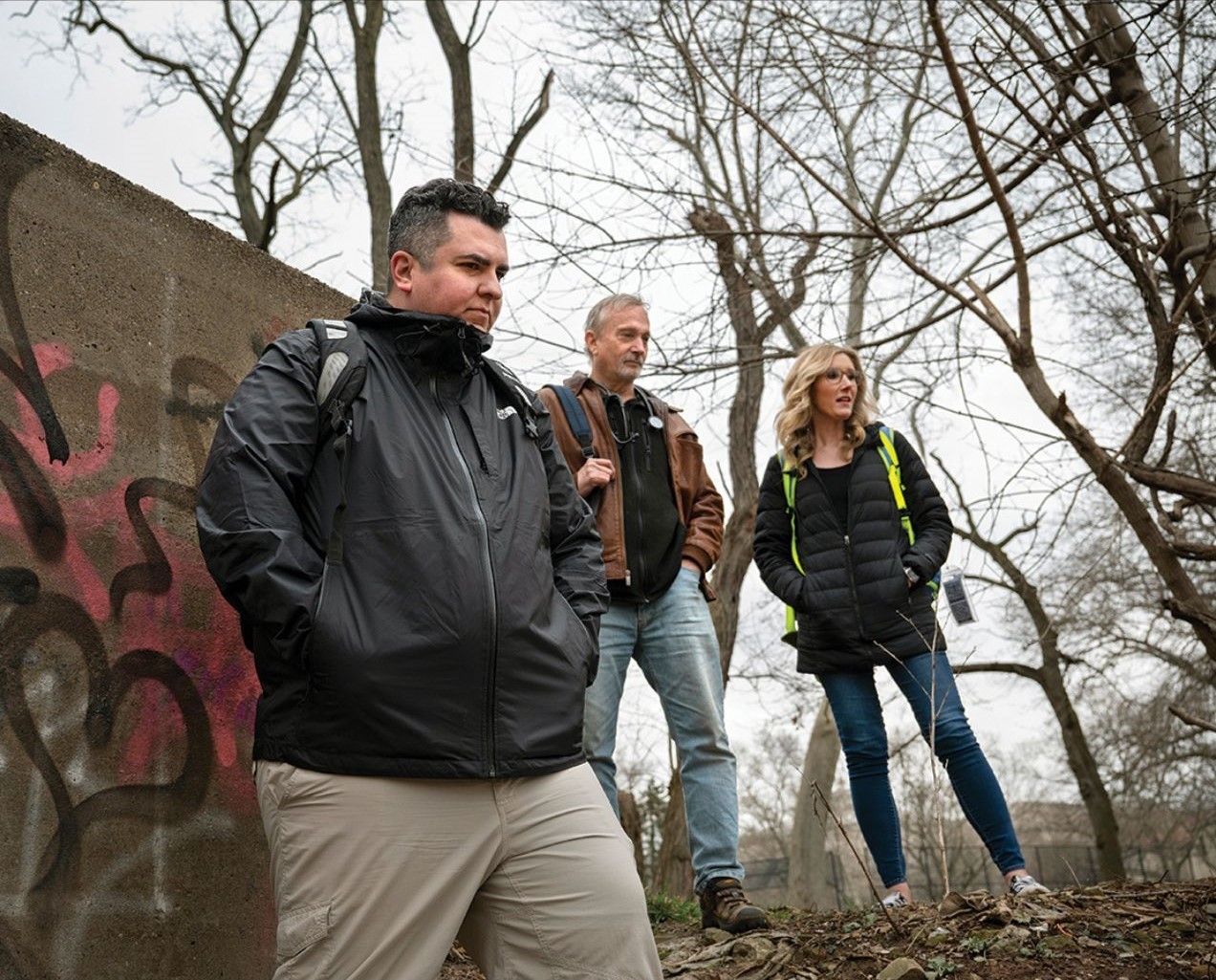For Antonio Gumucio, an MPH student at Pitt’s School of Public Health in behavioral and community health sciences, public health is more than a field of study—it’s a calling that bridges science and community. His journey reflects a deep commitment to addressing health inequities and fostering sustainable change at local and global levels.
“Public health is a diverse and vibrant field where science integrates with communities to address a myriad of challenges,” Gumucio explains. “Disease prevention, emergency response, improving access to care—all require collaborative efforts to educate, implement policies and deliver effective, sustainable change.”
Gumucio's dedication is evident through his involvement in initiatives like the Bridging the Gaps internship and his role as a Health Justice Scholar at the School of Public Health. These experiences have deepened his understanding of community engagement, emphasizing the importance of interventions that resonate with researchers and the communities they aim to serve.
Gumucio cofounded Street Medicine at Pitt, a group dedicated to providing care for those facing housing insecurity. This initiative embodies public health principles by fostering collaboration among students from various disciplines within the health sciences and engaging directly with marginalized populations. “Antonio’s decision to root this work in public health created a program that prioritized systems-level thinking, prevention, and interdisciplinary collaboration from the outset,” notes Anna White, MD, clinical assistant professor of pediatrics and medicine, School of Medicine, who has worked closely with Gumucio.

Under Gumucio’s leadership, the program has become a powerful learning and service platform, offering public health practicums and interdisciplinary rounds, and the focus of presentations at national and international conferences. “His vision brought together students from across Pitt—public health, medicine, occupational and physical therapy, pharmacy, social work, and more—building a team that reflects the complexity of the needs on the street,” says White. “The work has led to real outcomes for our neighbors experiencing homelessness,” including access to services, housing and coordinated care through sustained outreach.
Gumucio also partners with Operation Safety Net to educate about lifesaving skills such as cardiopulmonary resuscitation, Narcan administration and hemorrhage control. Due to its success, The Institute for Equity-Centered Leadership (formerly known as the Schweitzer Pittsburgh Fellowship Program) has chosen Street Medicine at Pitt as the focus of its Equity Fellowship, a 16-month leadership development program that facilitated its expansion throughout Allegheny County.
Gumucio believes that the principles applied in local interventions have broader implications. “Implementing any intervention successfully requires earning trust, educating a population and receiving community collaboration or acceptance,” he says. “These principles matter on a small scale but can be applied nationally or globally as well.”
Looking ahead, Gumucio emphasizes the importance of a One Health approach, recognizing the interconnectedness of human, animal and environmental health. He advocates for learning from past large-scale events to better address future challenges like income inequality, escalating homelessness, refugee crises and intensifying climate disasters.
Through his work, Gumucio exemplifies the transformative power of public health when grounded in community engagement and equity. His efforts not only address immediate health concerns but also lay the foundation for systemic change that transcends borders.
-Joe Barreto